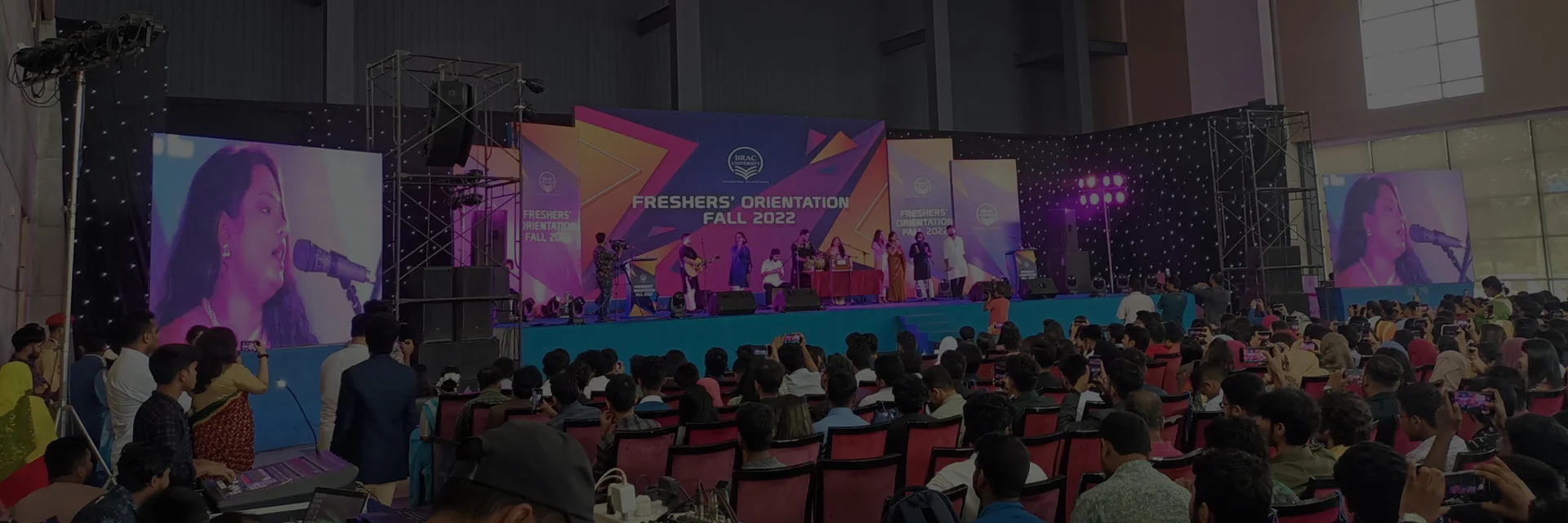Event planning is a delicate art that transcends the logistics of venues, schedules, and guest lists. It’s about crafting experiences that resonate with attendees on a personal level, and this holds especially true in a culturally diverse and rich country like Bangladesh. To create successful and respectful events in Bangladesh, understanding and navigating cultural sensitivities is key. In this article, we will explore some valuable event planning tips that can help you navigate the cultural intricacies of Bangladesh.
1. Respect Local Traditions and Customs
Bangladesh is a nation steeped in tradition and culture. To ensure your event is received with warmth and enthusiasm, take the time to research and respect local customs. For instance, consider the appropriate dress code for different occasions. Formal events often require traditional attire like sarees and panjabis, while more casual gatherings may allow for western clothing. Paying attention to these details showcases your respect for local traditions and helps attendees feel comfortable.
2. Mind Your Timing
In Bangladesh, timing is more than just a logistical detail; it’s a cultural consideration. Punctuality is highly regarded, so make sure your event starts on time. However, flexibility is also appreciated, as some guests may arrive a bit later. Additionally, be mindful of the country’s numerous holidays and religious observances, as these can impact event attendance and availability of services.
3. Food and Dining Etiquette
Food is an integral part of Bangladeshi culture, and it often takes center stage at events. When planning the menu, consider dietary preferences and restrictions, as many people in Bangladesh are vegetarians or have dietary restrictions due to religious beliefs. Ensure there are vegetarian and non-vegetarian options available.
During mealtime, follow local dining etiquette. It’s customary to eat with your right hand, and it’s polite to serve and receive food with the right hand as well. Additionally, removing your shoes before entering someone’s home or a sacred space is a sign of respect.
4. Gender Considerations
Gender roles and expectations in Bangladesh may differ from Western cultures. When planning events, be sensitive to these nuances. For instance, ensure that seating arrangements accommodate the preferences of attendees. In more traditional settings, men and women may be seated separately, while in modern, co-ed events, mixed seating is common.
5. Communication and Language
While many Bangladeshis speak English, particularly in urban areas, it’s advisable to have a basic understanding of Bengali (Bangla) phrases and greetings. It demonstrates your respect for the local language and culture. Additionally, consider providing event materials in both English and Bengali to cater to a wider audience.
In conclusion, event planning in Bangladesh is a unique opportunity to immerse yourself in a vibrant culture. By respecting traditions, paying attention to details, and fostering inclusivity, you can create memorable and culturally sensitive events that resonate with attendees and leave a positive impact on the local community.


